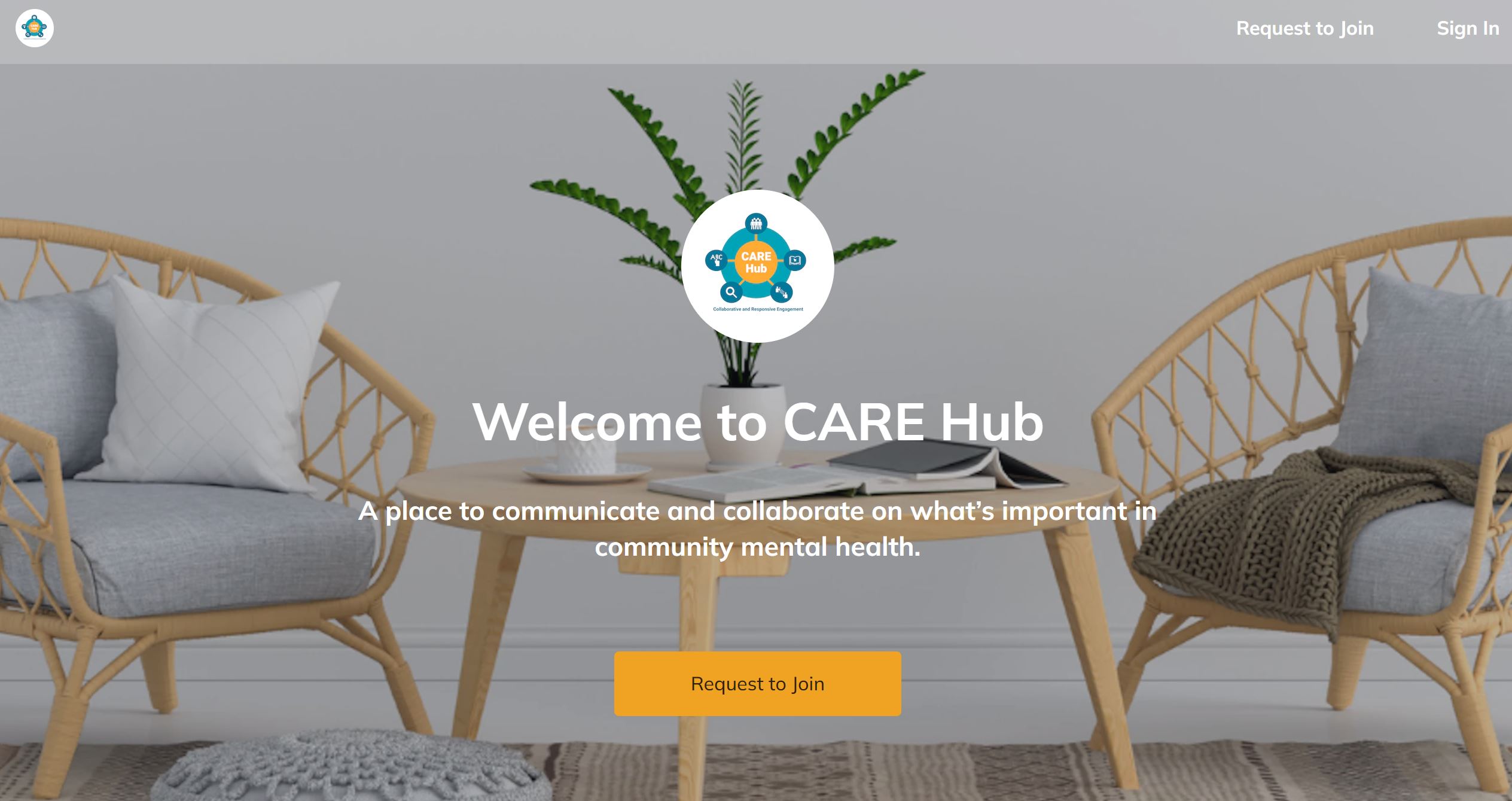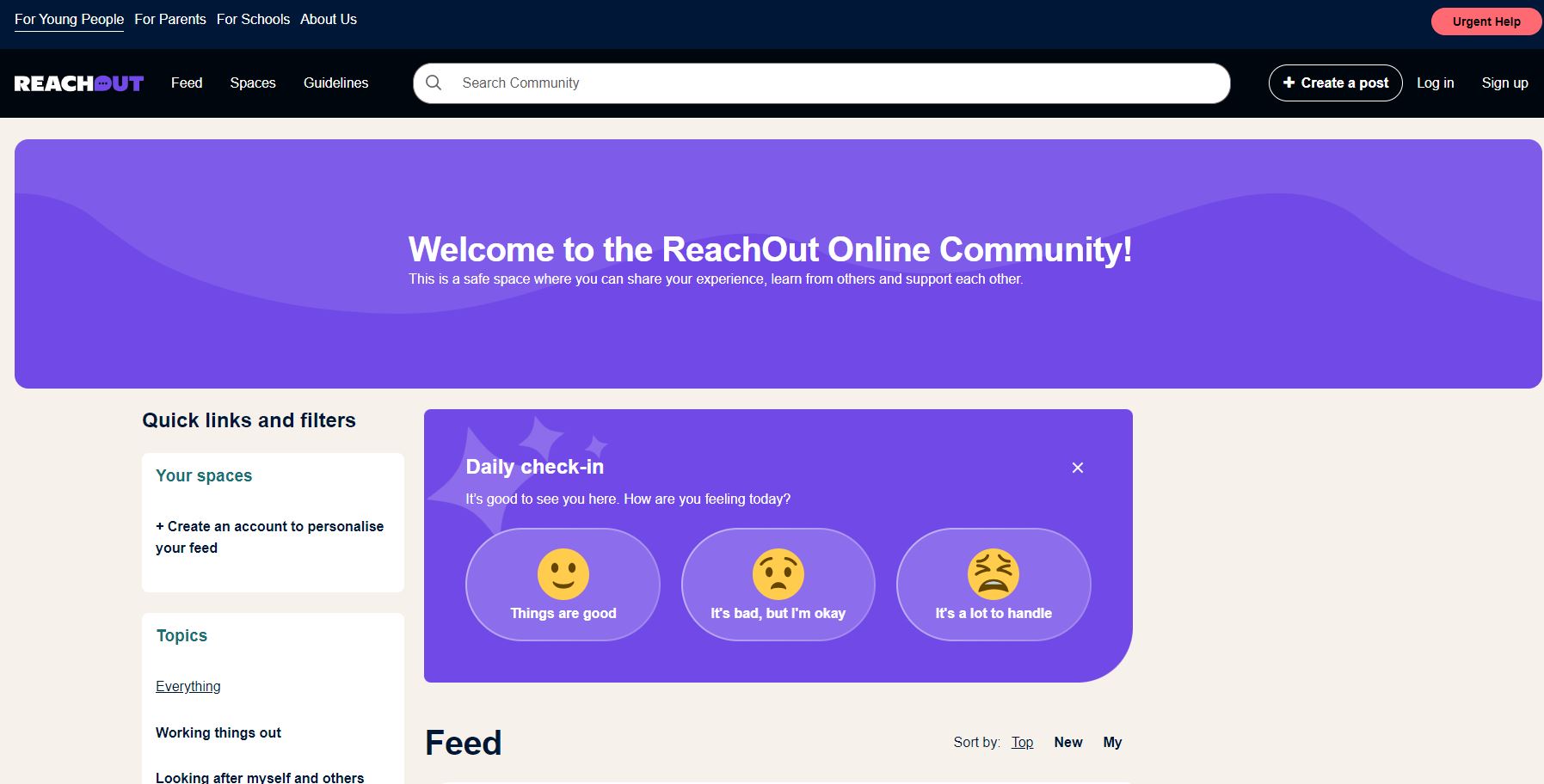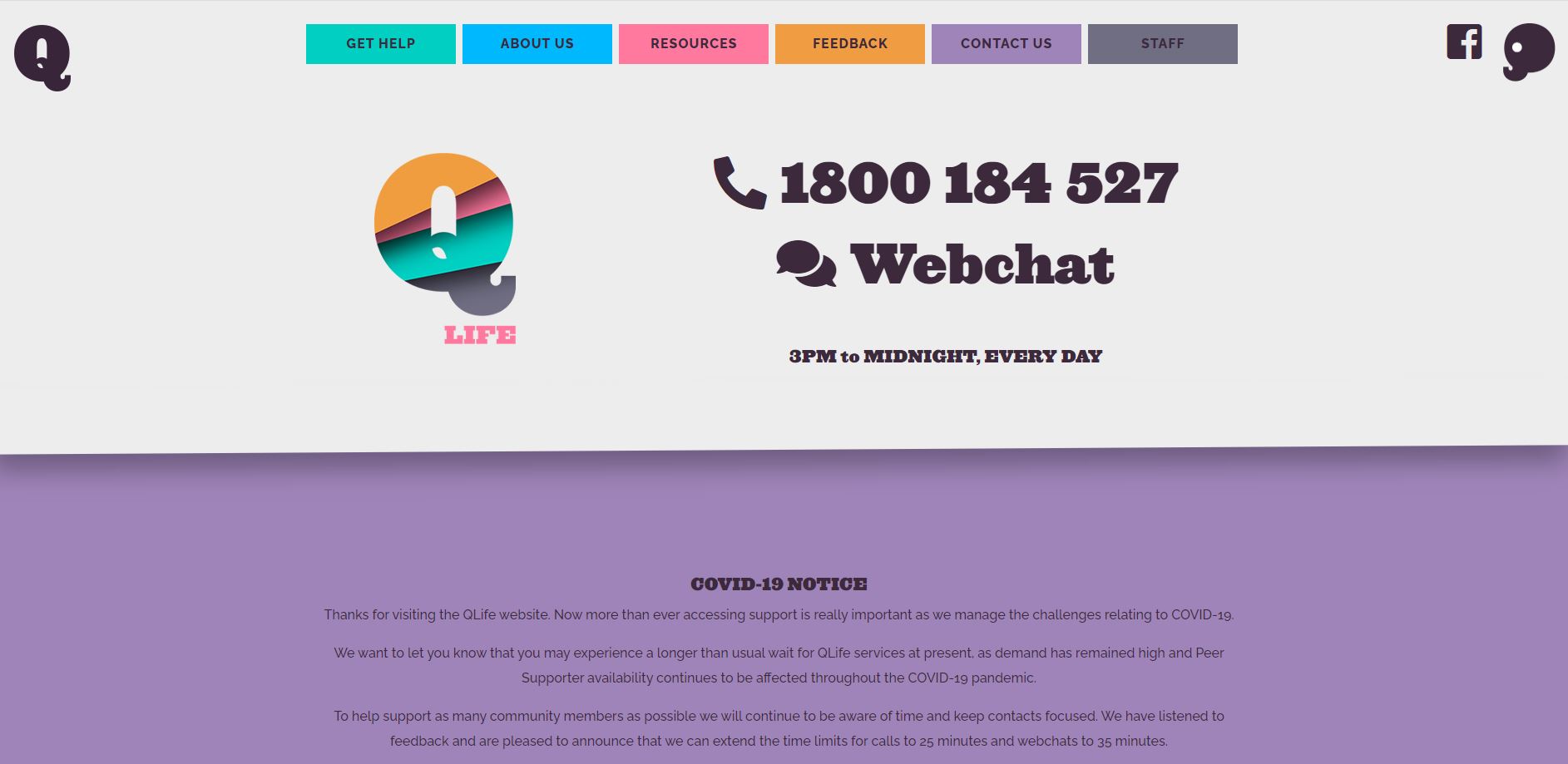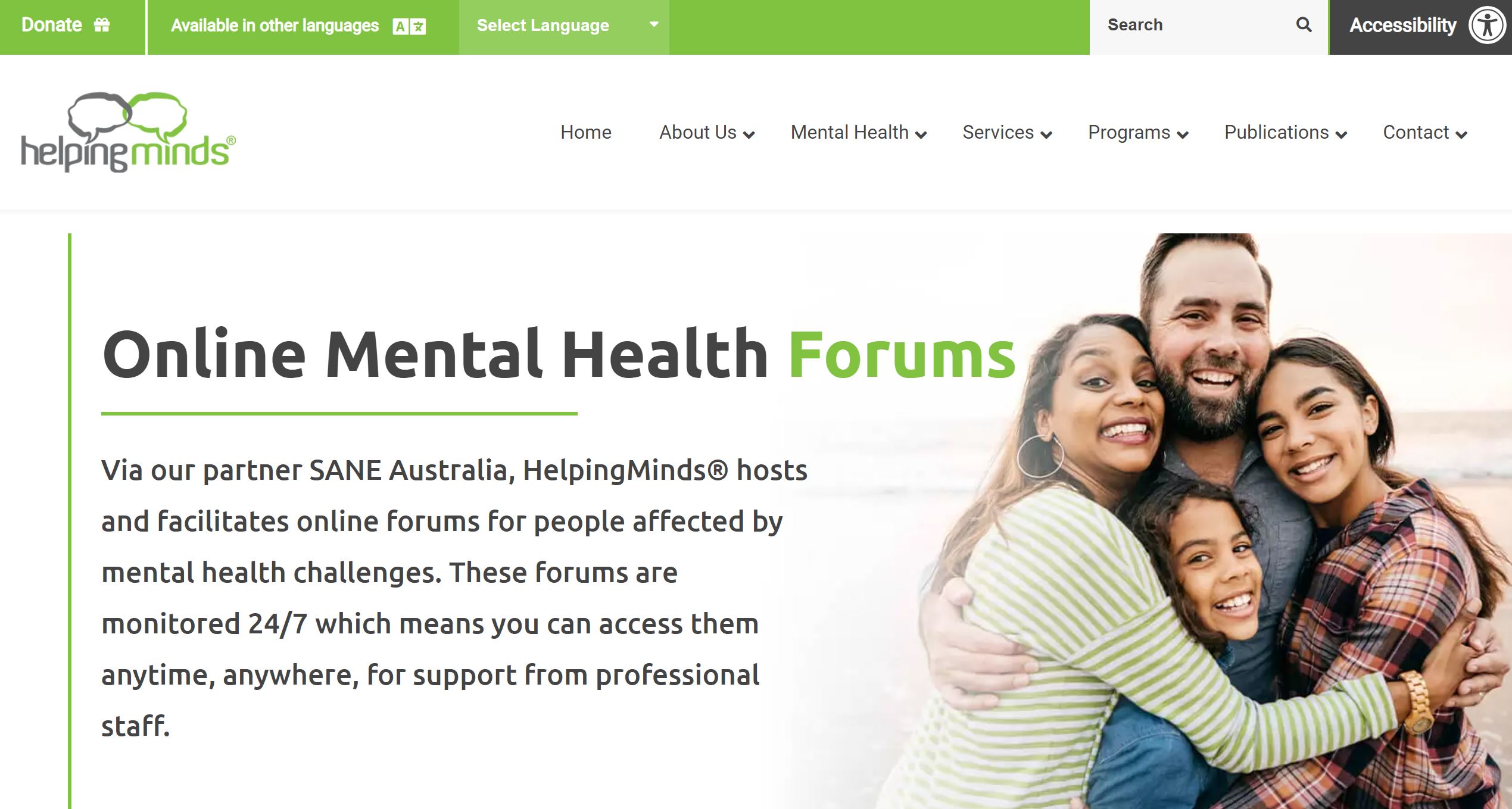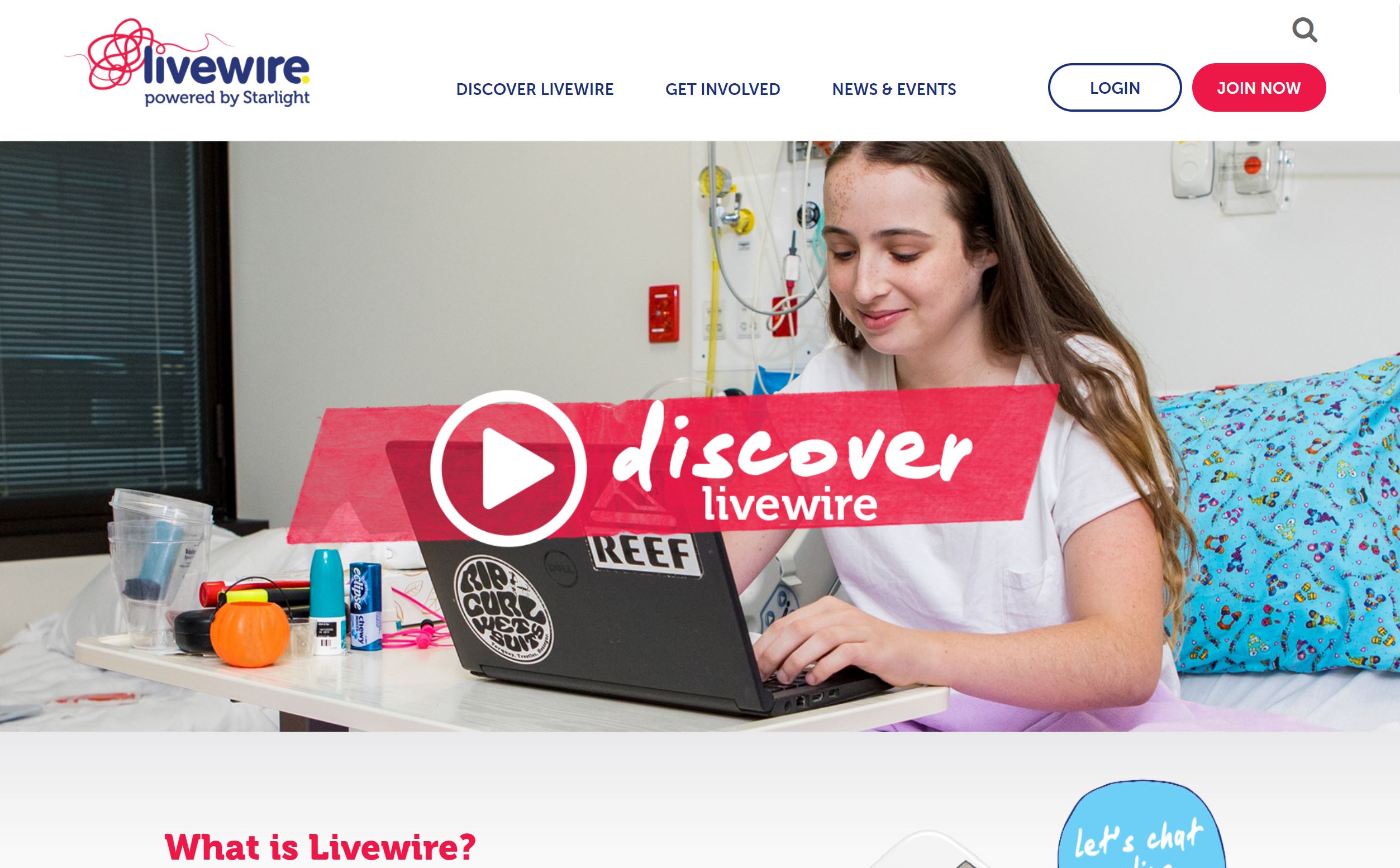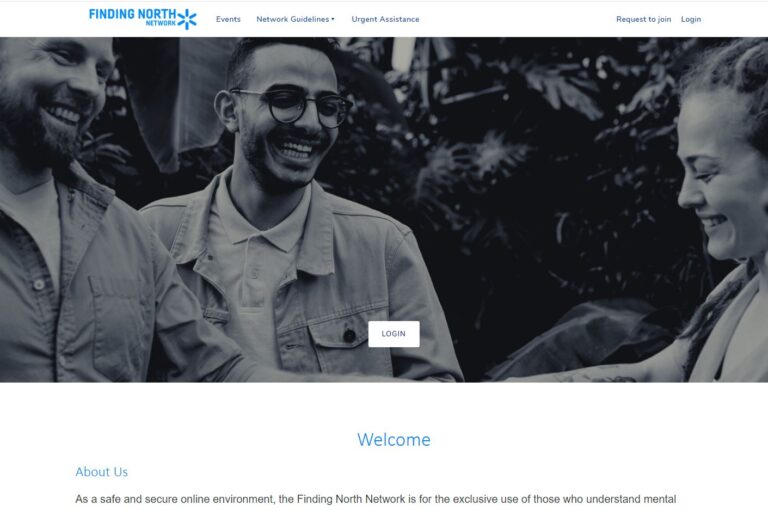Overview
You can find answers about mental health conditions, access helpful resources, and hear other people share their lived experience stories without even leaving the comfort of your home.
If you have access to the internet, you can hop online from anywhere in Australia to find resources designed to help make life less overwhelming for people living with mental health conditions, and those who support them.
Online resources can help you understand your own mental health condition, discover what has worked for others, or if you’re a carer you can find information on how to better support yourself and those around you.
When you need a little extra guidance, support or encouragement, you can connect with other people with similar experiences through online forums and hubs. There, you can ask for advice and discover new tools to support recovery and self-improvement.
Online communities and self-help groups
These are mostly moderated by organisations. However, there are also social media groups moderated by individuals who want to help (perhaps a private group on Facebook for people with lived experience).
Their goal is to offer a safe place where you can open up about what you’re experiencing, your mental health condition, overall health and wellbeing, your relationships, your life in general and any challenges and frustrations.
Sometimes the moderators might invite a guest expert to host a live discussion in the forum or chat group for an hour to answer questions from participants like yourself.
These types of online communities are important along your recovery journey, especially if you feel alone or don’t know where to go when you have questions. Other members can support you through your healing process.
Online Communities
Live chat services for mental health
You can chat live online (in real time one-to-one) with someone who is trained and qualified to give advice or counselling, and at times they can offer crisis support depending on the organisation. Not all chat services can support you in times of crisis, but they will direct you to a services that can assist.
If you or someone you know are in immediate danger or need urgent medical support, call Triple Zero (000) now or visit the nearest hospital.
Some national chat services to try
- Headspace (9am – 1pm (AEDT, 7 days)
- Butterfly Live Chat (eating disorders) (8am-midnight AEST, 7 days)
- Beyond Blue Webchat (24/7)
- Gambling Help Online Chat Counselling
- Lifeline Crisis Chat Service (24/7)
- Suicide Call Back Service Online Chat and Video Chat (24/7, video chats by appointment only)
- Kids Helpline (24/7)
- MensLine Australia Online Counselling and Video Chat (24/7)
Online self-help resources
There are many online tools that you may find effective for improving your mental health and general wellbeing. They can give you strategies to help you achieve your recovery goals. There are also resources for people who support others.
- Videos on self-help strategies (Healthtalk Australia): Australians talking about the self-help strategies that improved their mental health
- Videos on strategies for recovery after complex trauma (Blue Knot Foundation): Survivors, supporters and professionals talk about strategies to support recovery and the importance of being trauma informed
- Holding on to Hope (Lifeline Australia): A podcast series in which people who have come through the darkness of suicidality talk about what gave them hope to continue living
- Brainwaves (Wellways): A community radio program produced and presented by people with a lived experience of mental health issues
- Supporting Yourself (Beyond Blue): Read personal stories and discover tools and techniques to help you stay on track while managing or recovering from anxiety or depression
- This Way Up: A range of self-paced online programs offering clinically proven strategies to help you improve the way you feel
- Books on Mental Health (Goodreads): Find books about mental health conditions or strategies that could help, or something you can read for pure pleasure and to help unplug and de-stress
- Black Dog Institute Digital Tools & Apps: Includes self-tests for anxiety, bipolar and depression
- Beyond Now – Suicide Safety Planning (Beyond Blue): Helps you to stay safe if you’re experiencing suicidal thoughts, feelings, distress or crisis
- Not Alone – A Podcast by Beyond Blue: Listen to everyday Australians talk about their mental health journey to help you with yours
- Self-Management and Resilience Training (SMART) tool: Although designed to help Australian Defence Force members and their families, this tool can also help others manage stress and build resilience
Other digital tools and apps to try
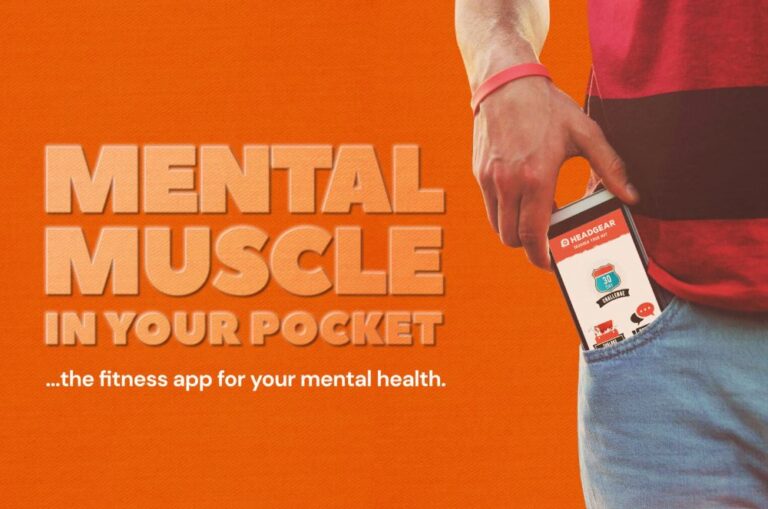
HeadGear: A free easy-to-use smartphone app that helps build resilience and wellbeing and help prevent depression and anxiety

Stress Management Program: A free practical and online program that gives you the coping, self-care and problem-solving strategies for managing stress
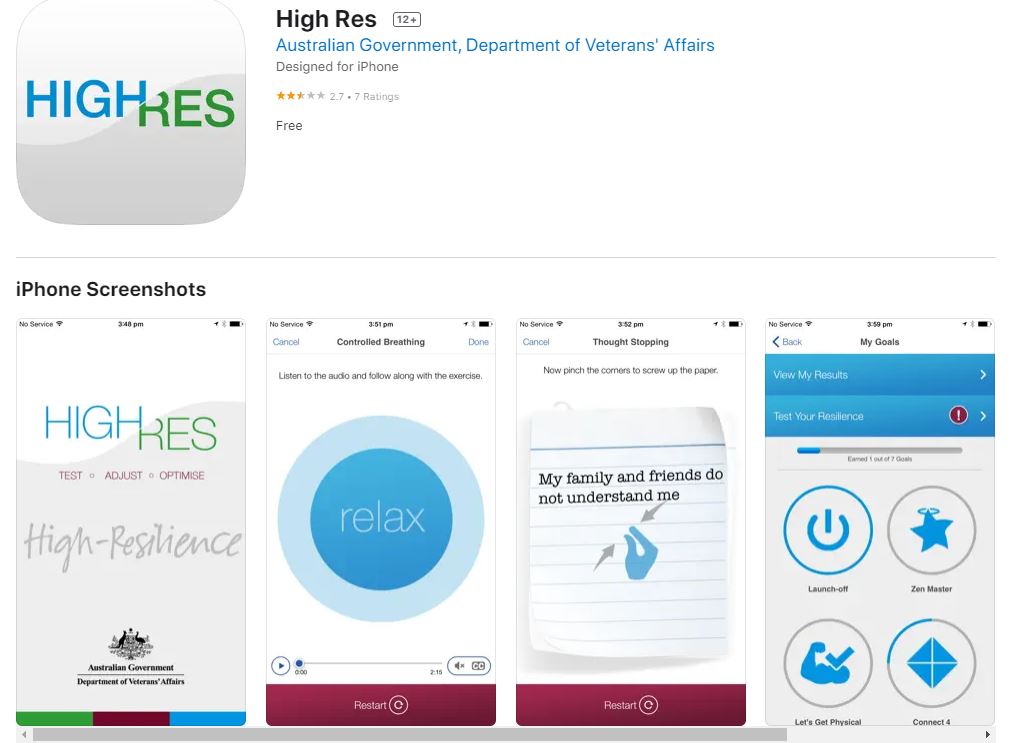
High Res app: A tool for serving and ex-serving Australian Defence Force members seeking to manage stress and build resilience
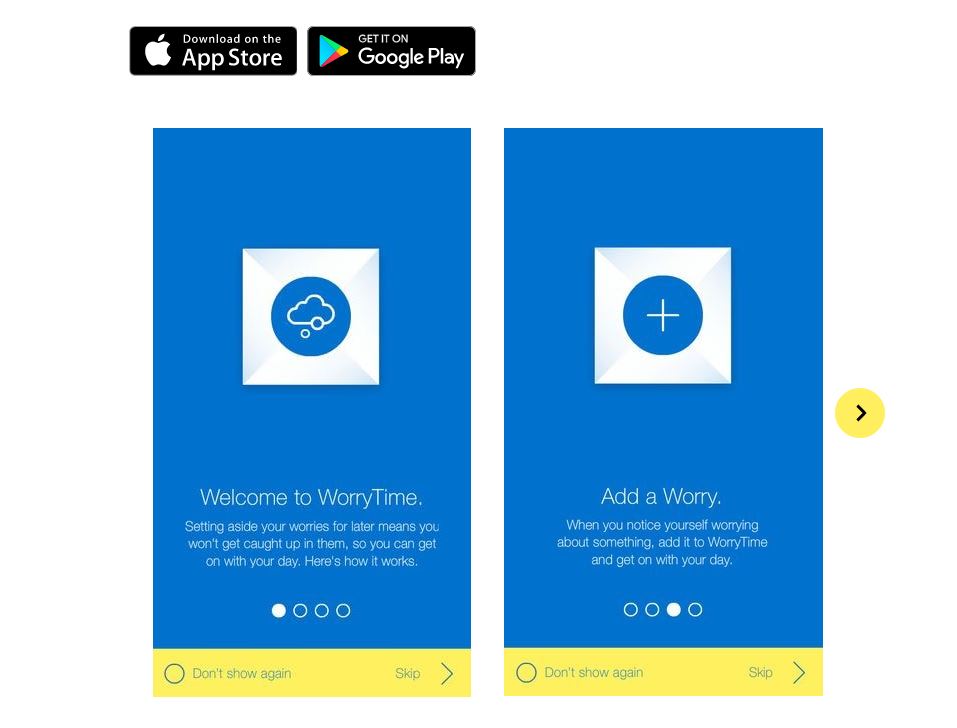
WorryTime app: Use it to store your worries and negative thoughts and then the app will alert you when it’s time to think about them (research shows it’s healthier to postpone our worries and only giving them attention at a predetermined time)
Tips for choosing online resources
It’s important that the resources you choose for mental health are relevant, safe and trustworthy. With the internet being vast, it can get hard to tell whether the source is credible and has any credentials and evidence to back their claims about the results they’re promising.
When checking the quality of a resource and credibility of its source, look for the following:
- their social media presence, their background, credentials and affiliations
- who’s funding them, what’s the media saying about them
- whether the source is associated with/backed by the government, a credible organisation in the sector or a well-recognised special-interest group in the sector
- whether they’re reputable and recommended by reputable players in their fields
- the age of the resource or community, so you can decide whether to avoid it if it’s out of date, no longer relevant or no longer being supported (such as if it’s a discontinued app or forum)
- what people say about the resource/source (endorsements, testimonials and reviews)
- any signs they could be biased or discriminating toward certain views, groups or communities
- any signs of being ‘clickbait’ resources purely for maximising readership rather than be helpful
If it’s claiming to be an evidence-based resource, check that the tool been peer-reviewed and is linked to an Australian university or highly respected research institution.

